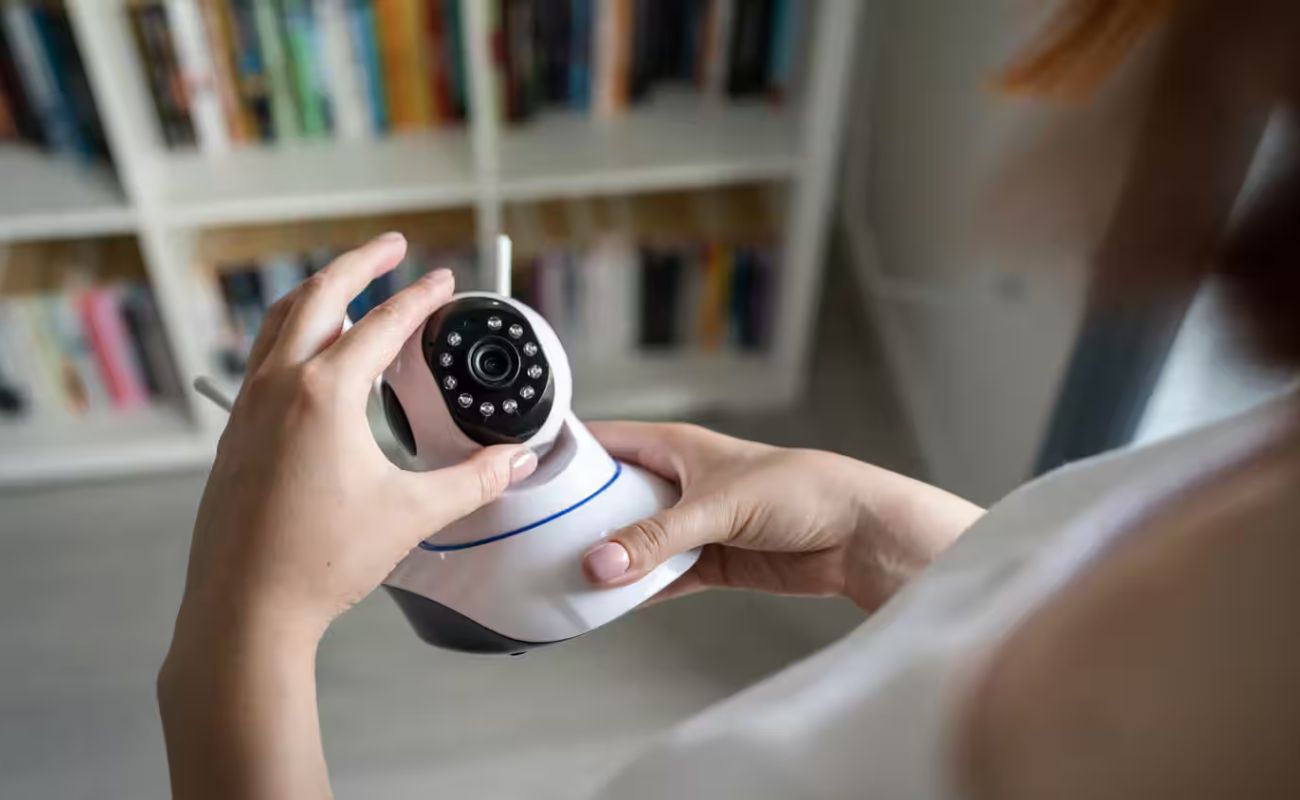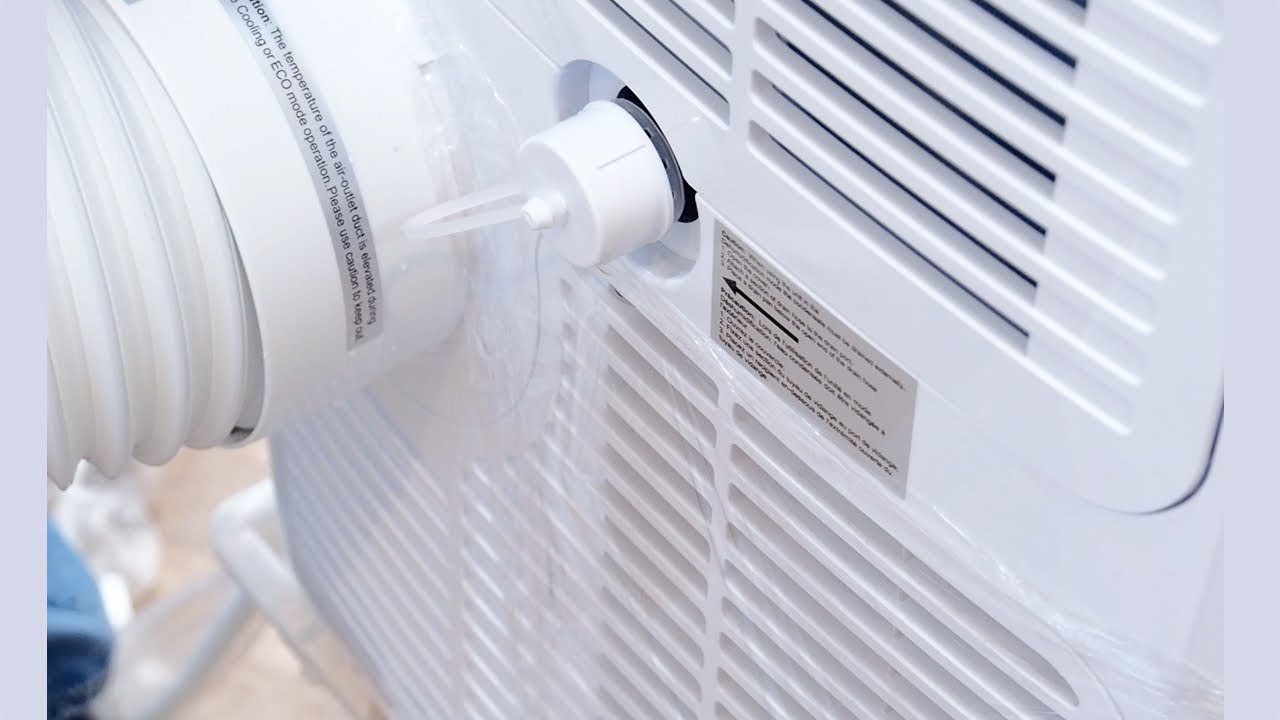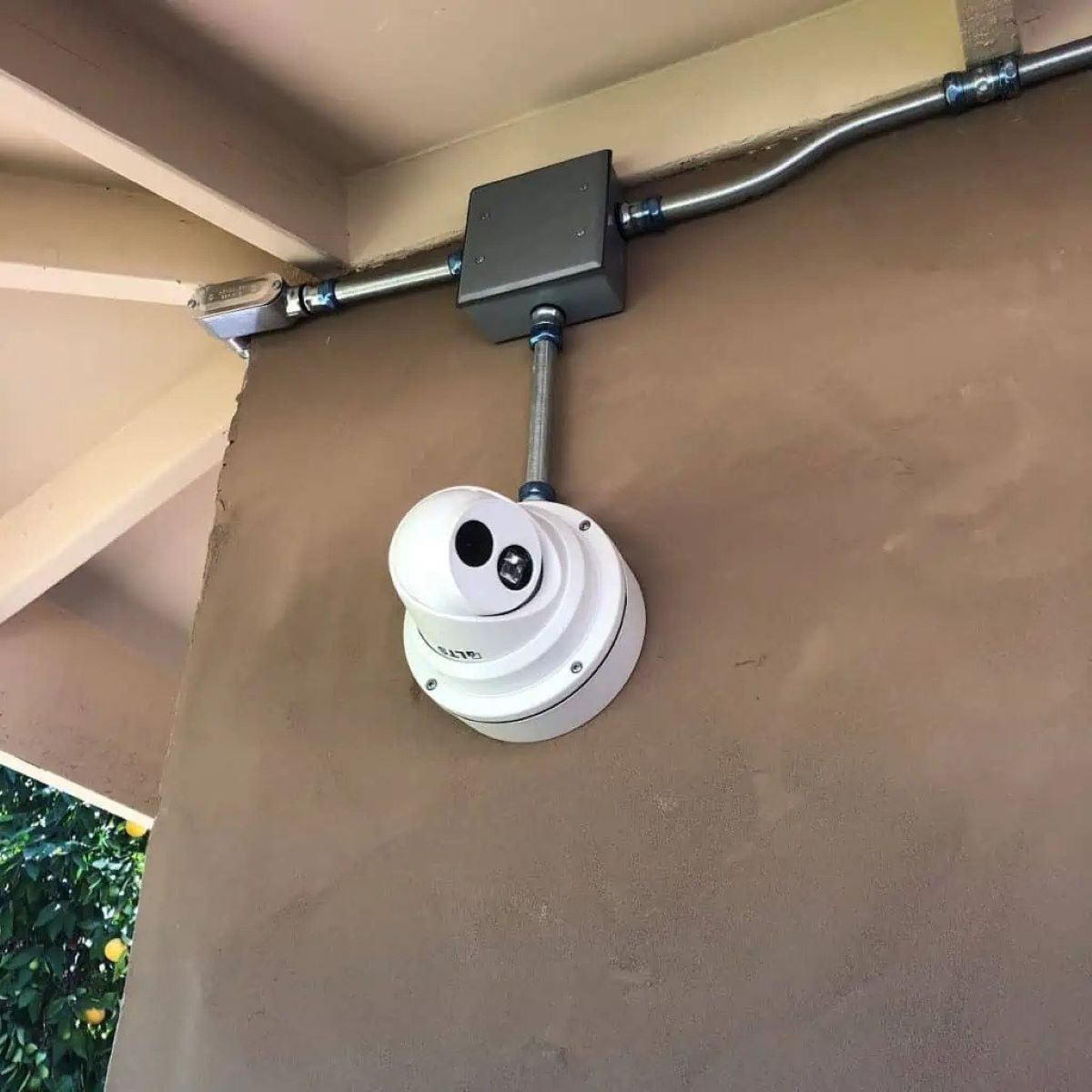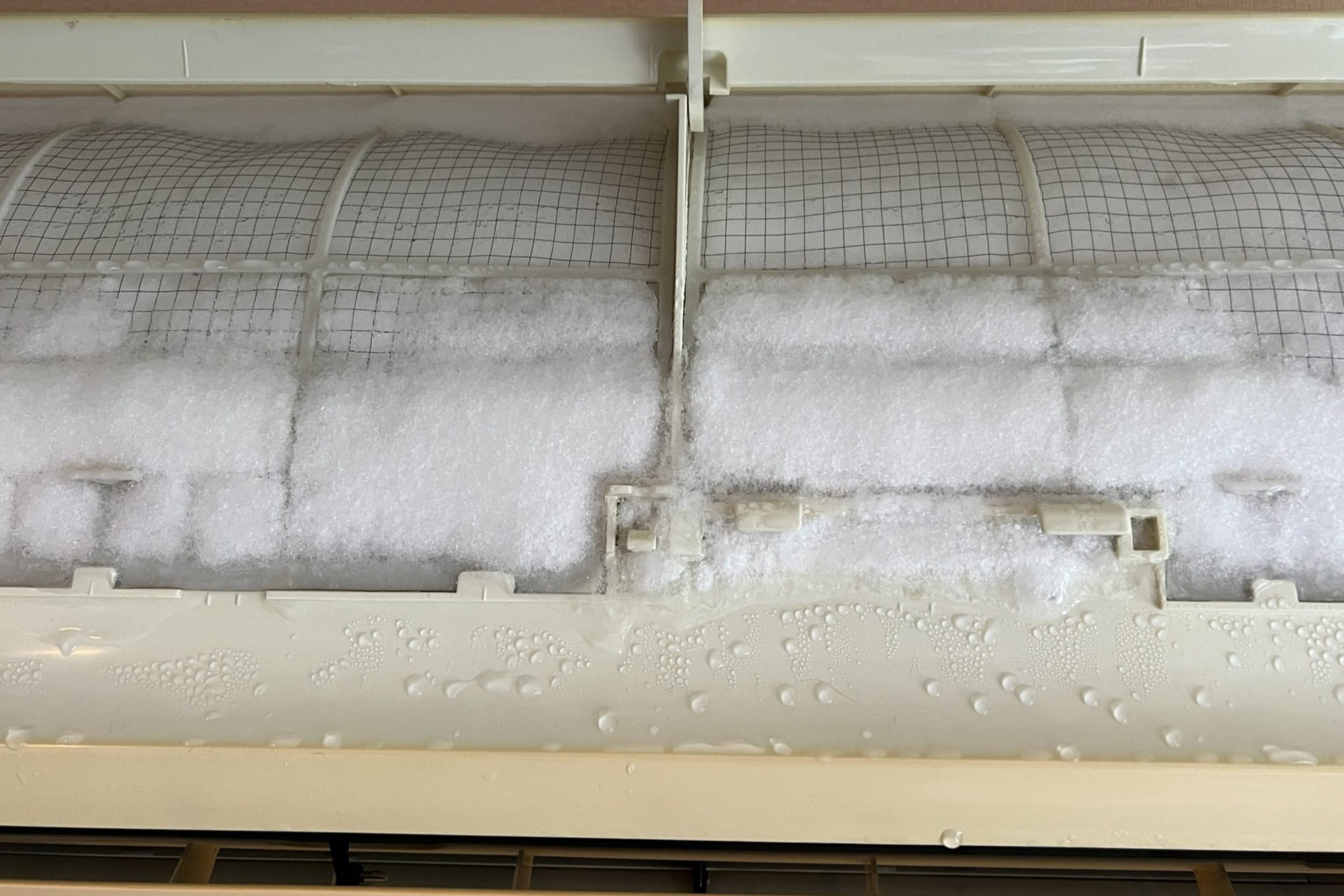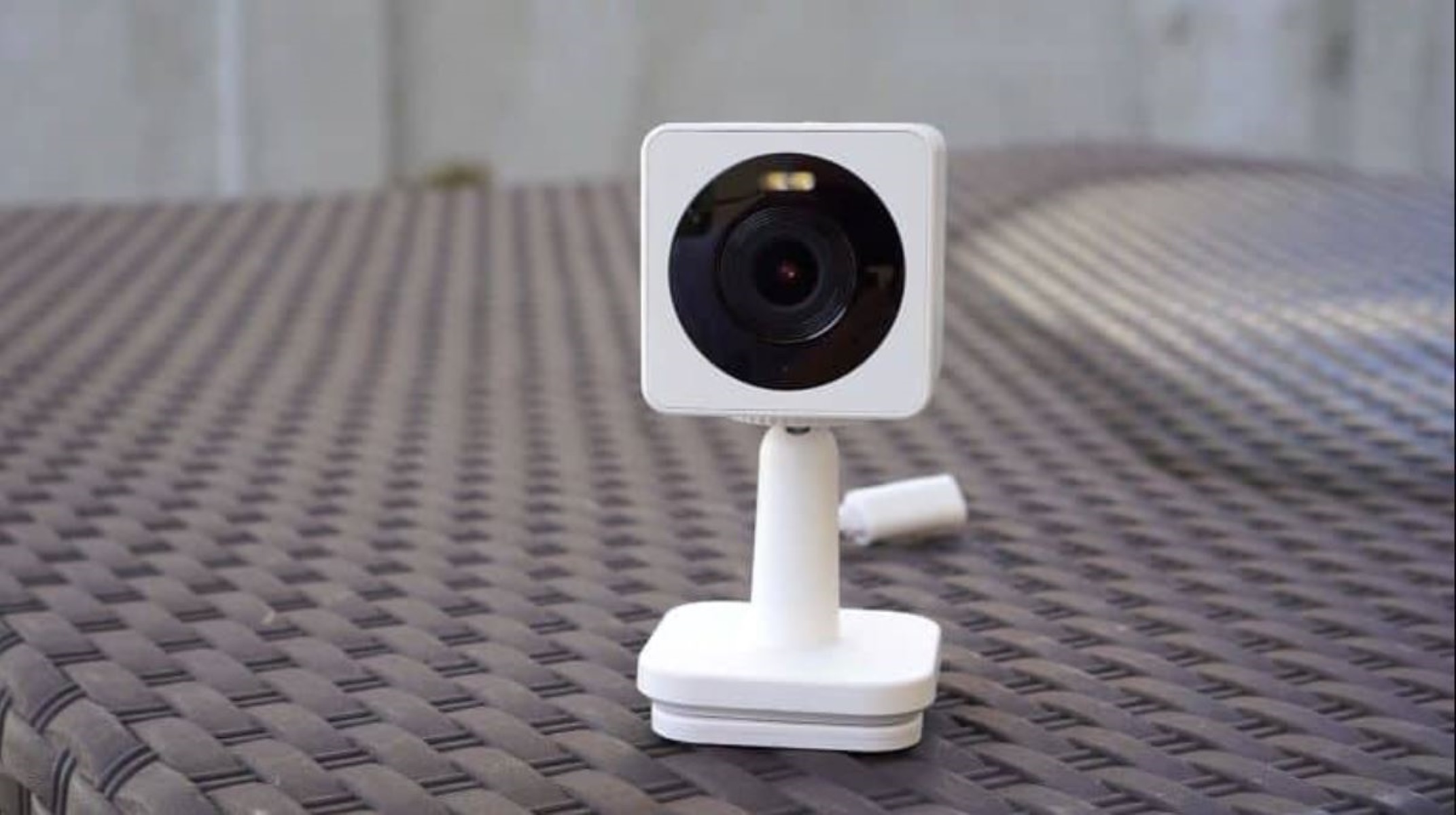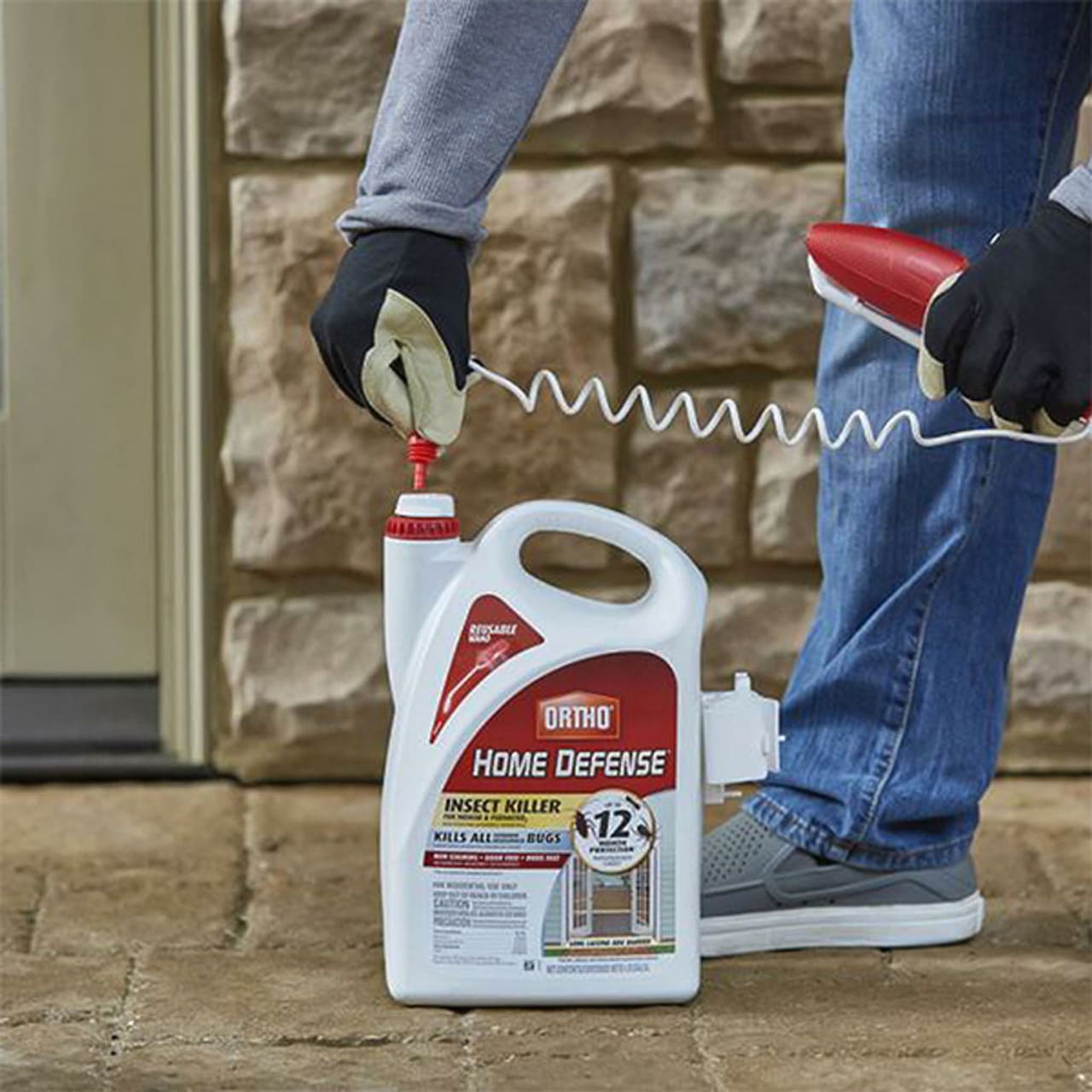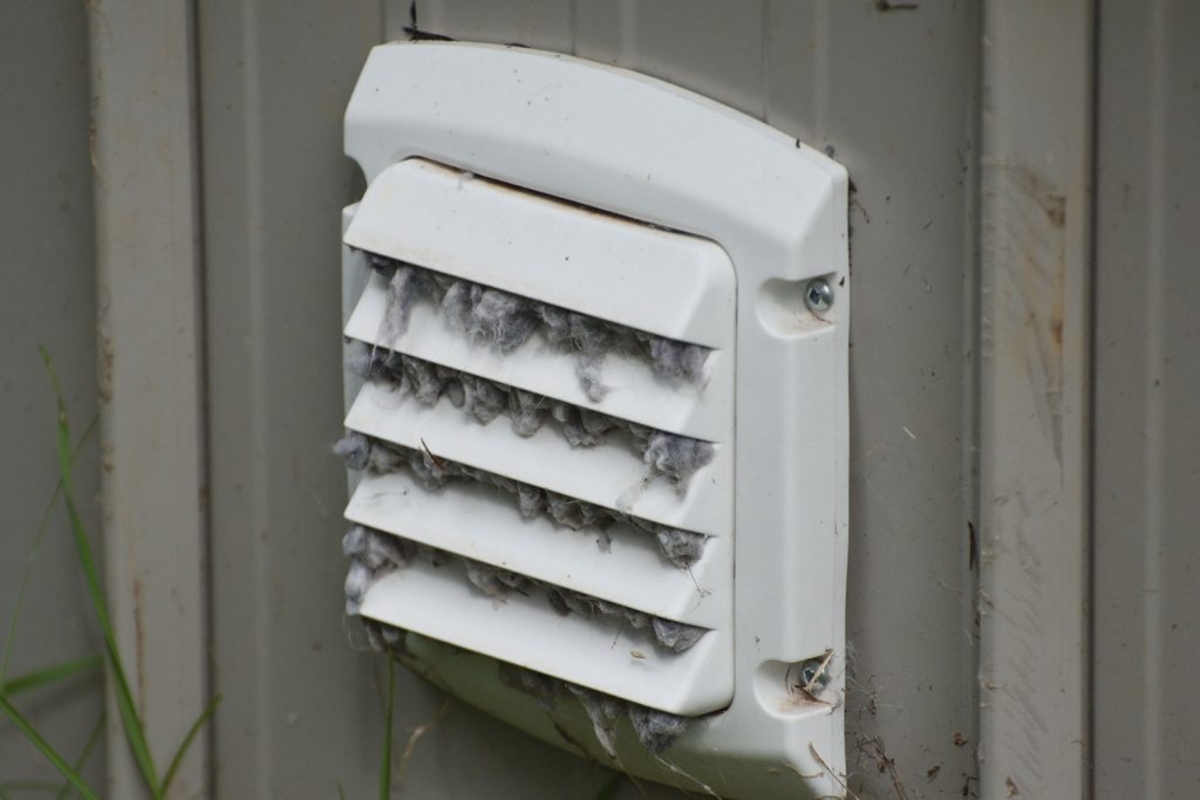Home>Home Security and Surveillance>Do You Have To Post Signs When You Have A Home CCTV?
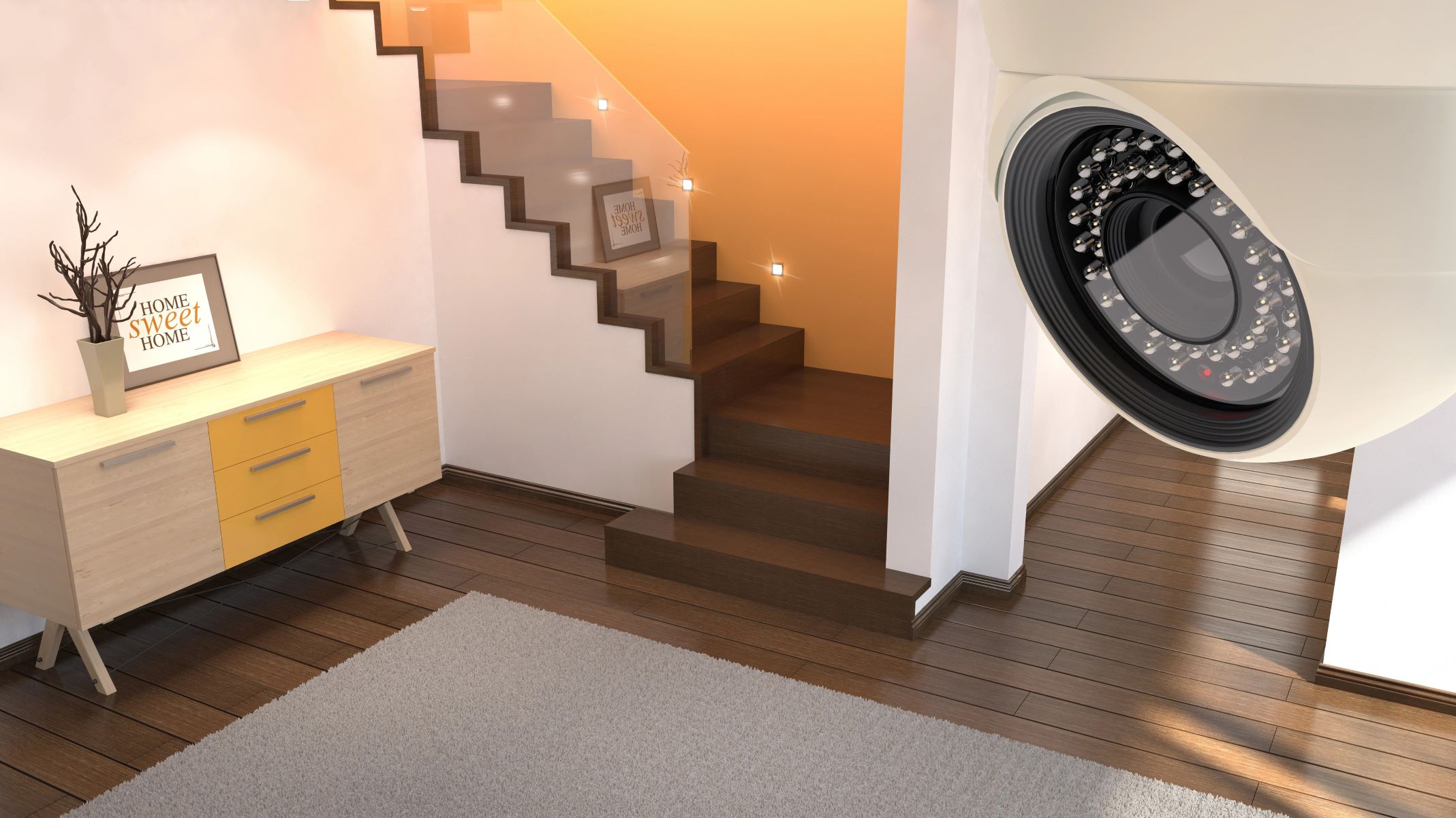

Home Security and Surveillance
Do You Have To Post Signs When You Have A Home CCTV?
Modified: March 7, 2024
Learn about the importance of posting signs for home CCTV systems. Enhance your #home-security-and-surveillance measures with proper signage.
(Many of the links in this article redirect to a specific reviewed product. Your purchase of these products through affiliate links helps to generate commission for Storables.com, at no extra cost. Learn more)
Introduction
Welcome to the digital age, where home security is becoming increasingly important. With advancements in technology, homeowners now have access to a wide range of surveillance options to protect their property. One popular choice is the installation of a home Closed-Circuit Television (CCTV) system.
A home CCTV system provides homeowners with peace of mind, allowing them to monitor their property remotely and deter potential intruders. However, the use of CCTV cameras raises the question of whether it is necessary to post signs alerting individuals to their presence.
In this article, we will explore the laws surrounding CCTV usage, the benefits of signage, and the factors that homeowners should consider when deciding whether to post signs when they have a home CCTV system.
Before diving into the details, let’s first understand the legal framework governing CCTV usage. By familiarizing ourselves with the regulations, we can make informed decisions about home surveillance and ensure compliance with the law.
Key Takeaways:
- “Signs for Your Security”
Posting signs for your home CCTV system is like giving a heads-up to potential intruders and respecting privacy. It’s a legal, ethical, and community-friendly way to keep your property safe. - “Signs Speak Louder Than Words”
Placing signs in visible spots, using clear wording, and maintaining them regularly is crucial. It’s like having a friendly reminder for everyone to respect your property and their own privacy.
Understanding CCTV Laws
Before installing a CCTV system in your home, it is essential to understand the legal requirements surrounding its usage. The regulations may vary depending on your jurisdiction, so it is crucial to research and comply with the specific laws in your area.
In general, CCTV usage is subject to privacy laws, which are designed to protect individuals’ rights and prevent the misuse of surveillance technology. These laws dictate how and when CCTV systems can be used, as well as the obligations of homeowners who employ them.
One key aspect of CCTV laws is the requirement to respect people’s privacy. This means that homeowners must be mindful of where cameras are placed to ensure that they do not intrude upon the privacy of others. For example, it is unlawful to install cameras in areas where individuals have a reasonable expectation of privacy, such as bathrooms or bedrooms.
In addition to privacy concerns, CCTV laws often mandate that individuals are notified when they are being recorded. This is where signage comes into play. By posting signs indicating the presence of CCTV cameras, homeowners fulfill their obligation to inform individuals that they may be under surveillance.
It is worth noting that the specific requirements for signage may vary depending on the jurisdiction. Some areas have specific guidelines about the size, wording, and placement of CCTV signs, while others may simply require a clear indication that cameras are in use.
Now that we have a general understanding of CCTV laws, let’s explore the benefits of signage when it comes to home surveillance.
Overview of Home CCTV Systems
Home CCTV systems have become increasingly popular as a means of enhancing security and ensuring peace of mind for homeowners. These systems consist of a network of cameras strategically placed around the property, providing continuous surveillance and recording of activities in and around the house.
The technology behind home CCTV systems has advanced significantly in recent years, offering homeowners a range of features and options to suit their specific needs. Modern CCTV systems often include high-definition video cameras, night vision capabilities, motion detection, and remote access via smartphone or computer.
One of the primary benefits of home CCTV systems is the ability to deter potential intruders. The presence of visible cameras can act as a powerful deterrent, making criminals think twice before targeting a home. This alone can greatly reduce the risk of break-ins and burglaries.
Moreover, in the unfortunate event of a break-in, CCTV footage can provide valuable evidence to aid in the identification and apprehension of the perpetrator. This can greatly assist law enforcement agencies in their investigation and increase the chances of recovering stolen property.
Aside from security purposes, home CCTV systems can also be used for monitoring other aspects of the property. For example, parents may choose to install cameras to keep an eye on their children while they are playing outside or to monitor the pool area for safety reasons. Additionally, homeowners can use CCTV systems to keep track of deliveries, visitors, or any suspicious activity around their property.
While home CCTV systems offer numerous benefits, it is crucial to consider the legal and ethical implications that arise from their use. This includes understanding whether you need to post signs to indicate the presence of surveillance cameras.
Now that we have a general understanding of home CCTV systems, let’s delve into the importance of signage in relation to these systems.
The Importance of Signage
When it comes to home CCTV systems, signage plays a crucial role in ensuring transparency and maintaining ethical practices. It serves as a clear indication to individuals that they are being recorded, giving them the opportunity to adjust their behavior accordingly. Let’s explore why signage is essential when you have a home CCTV system.
1. Deterrence: The primary purpose of CCTV signage is to act as a deterrent. Visible signs indicating that a property is under surveillance can discourage potential criminals from targeting your home. Knowing that they are being watched and their actions could be recorded significantly reduces the likelihood of a break-in or other criminal activity.
2. Transparency and Consent: Posting signs informing individuals about the presence of CCTV cameras promotes transparency and upholds privacy rights. By alerting visitors, neighbors, and even trespassers to the fact that they may be recorded, you provide them with the opportunity to give their informed consent or adjust their behavior accordingly.
3. Legal Compliance: Depending on your jurisdiction, there may be legal requirements regarding the use of signage when employing CCTV systems. Failure to comply with these regulations can result in legal consequences and may undermine the admissibility of the footage as evidence in a legal proceeding. Therefore, it is crucial to familiarize yourself with the specific requirements in your area.
4. Hints of Surveillance: In addition to deterring criminals, signage can also act as a subtle reminder to individuals that the property is monitored. This reminder can discourage unauthorized access or other inconsiderate behaviors, such as trespassing or vandalism.
5. Community Relations: By posting signs indicating the presence of CCTV cameras, you demonstrate your commitment to community safety and help build trust with your neighbors. This can foster a sense of shared responsibility for the security of the neighborhood, encouraging everyone to remain vigilant and look out for each other.
Overall, signage is an essential component of responsible CCTV usage. It not only acts as a deterrent for potential criminals but also promotes transparency, respects privacy rights, and ensures compliance with legal requirements. Next, we will explore whether you are legally obligated to post signs when you have a home CCTV system.
Do You Need to Post Signs?
Whether you are legally obligated to post signs when you have a home CCTV system largely depends on the laws and regulations in your jurisdiction. While it is essential to understand the specific requirements in your area, there are some general considerations to keep in mind.
1. Legal Considerations: Many jurisdictions have laws that require homeowners to provide notice of CCTV surveillance. This notice can typically be fulfilled by posting signs in visible locations, such as entrances or areas where cameras are present. To ensure compliance, research and familiarize yourself with the laws governing CCTV usage in your region.
2. Privacy Concerns: Even if not legally required, posting signs is a responsible practice that respects individuals’ privacy rights. It informs visitors, delivery workers, and even trespassers that they may be recorded while on your property. This transparency allows individuals to make informed decisions about their actions and adjust their behavior accordingly.
3. Insurance Coverage: Some insurance companies may require the use of CCTV systems and signage as a condition for coverage. By adhering to their guidelines, including proper signage, you can potentially benefit from reduced premiums or enhanced coverage options. It is advisable to consult with your insurance provider to understand their specific requirements.
4. Community Expectations: Even if not explicitly required by law or insurance, posting signs may align with community expectations. In neighborhoods where CCTV systems are common, the presence of signage can provide reassurance to residents and deter criminal activity. It can also demonstrate your commitment to community safety and encourage others to be proactive about their security measures.
Ultimately, the decision to post signs when you have a home CCTV system is a combination of legal requirements, ethical considerations, and personal preferences. While it is important to meet your legal obligations, it is equally crucial to respect privacy rights and foster a sense of transparency and trust within your community.
Next, let’s discuss some important legal considerations you should be aware of regarding the use of CCTV systems in your home.
It is a good idea to post signs indicating that CCTV cameras are in use on your property. This can help deter potential intruders and also notify visitors that they are being recorded.
Legal Considerations
When it comes to utilizing CCTV systems in your home, it is crucial to be aware of the legal considerations to ensure compliance with the law. Understanding the legal framework will help you make informed decisions regarding the use and signage of your home CCTV system. Let’s explore some important legal considerations:
1. Privacy Laws: Privacy laws vary from country to country, but in general, they aim to protect individuals’ privacy rights and prevent the misuse of surveillance technology. These laws typically require homeowners to respect the privacy of others when installing CCTV cameras. It is important to be aware of where cameras can be placed to avoid violating individuals’ privacy, such as placing cameras in private areas like bathrooms or bedrooms.
2. Consent: In many jurisdictions, individuals must give their consent to be recorded by CCTV cameras. Posting signs indicating the presence of surveillance cameras can be considered an effective way of obtaining implied consent. However, it is essential to understand the specific requirements for consent under the laws of your jurisdiction.
3. Data Protection Laws: In addition to privacy laws, data protection laws may also apply to the use of CCTV systems. These laws govern the collection, storage, and use of personal data, including video footage captured by CCTV cameras. Compliance with data protection laws may involve implementing appropriate security measures for storage and handling of recorded footage, as well as ensuring that the data is used for legitimate purposes only.
4. Public Spaces: If your CCTV system captures footage of public spaces, such as sidewalks or roads, additional legal considerations may apply. Laws regarding the surveillance of public spaces vary, so it is essential to research and understand the regulations specific to your area.
5. Audio Recording: In some jurisdictions, audio recording is subject to separate regulations. If your CCTV system includes audio recording, it is important to familiarize yourself with the laws concerning the interception and recording of audio conversations. Some areas may require explicit consent from individuals before recording their voices.
It is worth noting that laws regarding CCTV usage can be complex and may change over time. It is recommended to consult with legal professionals or local authorities to ensure compliance with the current regulations in your jurisdiction.
Understanding and adhering to the legal considerations will not only help you avoid legal consequences but also ensure that your CCTV system is used responsibly and respects the privacy rights of individuals. In the next section, we will discuss privacy concerns related to home CCTV systems.
Privacy Concerns
While home CCTV systems provide invaluable security benefits, it is essential to consider the privacy concerns associated with their usage. Respecting the privacy of individuals is crucial, and striking a balance between security and privacy is of utmost importance. Let’s explore some privacy concerns related to home CCTV systems:
1. Intrusion of Privacy: The primary concern is the potential intrusion upon the privacy of individuals. Placing cameras in private areas like bedrooms or bathrooms is strictly prohibited and can lead to legal consequences. It is essential to analyze and position cameras in a way that avoids capturing private spaces to respect the privacy of both residents and visitors.
2. Surveillance Culture: The widespread use of CCTV cameras can contribute to a culture of constant surveillance, which may make individuals feel uncomfortable or stifled. It is important to strike a balance between maintaining security and preserving the sense of privacy within your home and community.
3. Third-Party Access: Another concern is the possibility of unauthorized access to CCTV footage. Homeowners should take measures to secure their CCTV system and ensure that only authorized individuals have access to the recorded footage. This can include using strong passwords, regularly updating firmware, and encrypting the data.
4. Secondary Use of Data: It is crucial to consider how the recorded footage will be used. Misuse or unauthorized sharing of the footage can infringe on the privacy rights of individuals captured on camera. Homeowners should establish clear protocols for the storage, access, and, if necessary, deletion of recorded data to ensure responsible use.
5. Neighbors’ Privacy: When installing a home CCTV system, it is important to consider the privacy of neighboring properties. Ensure that the camera angles and fields of view are directed towards your property only, and avoid capturing footage of neighboring homes or public spaces where individuals have a reasonable expectation of privacy.
6. Communication and Documentation: Along with proper signage, effective communication is essential. Inform your family members, visitors, and anyone who may be recorded by the CCTV system about its presence. Additionally, maintain documentation of your CCTV usage, including the purpose, duration of storage, and security measures implemented.
By addressing these privacy concerns, homeowners can ensure that their CCTV systems are used responsibly and respect the privacy rights of individuals. It is essential to stay informed about privacy laws, seek legal advice if needed, and regularly review and update your CCTV system’s practices to align with evolving privacy regulations.
Next, we will discuss the potential impact of CCTV surveillance on your insurance coverage.
Impact on Insurance Coverage
Installing a home CCTV system can potentially have an impact on your insurance coverage. Many insurance companies recognize the added security benefits that come with CCTV surveillance and may offer specific policy options or discounts for homeowners who have installed such systems. Let’s explore the potential impact on insurance coverage:
1. Reduced Premiums: Some insurance providers offer discounts on premiums for homeowners who have CCTV systems installed. By demonstrating that you have taken proactive measures to enhance the security of your property, you may be eligible for lower rates. Check with your insurance provider to see if they offer any discounts or incentives for having a home CCTV system.
2. Enhanced Coverage: In addition to potential premium reductions, some insurance companies may offer enhanced coverage options for homeowners with CCTV systems. This can include additional coverage for theft or damage related to home security breaches. Having a CCTV system can provide evidence in the event of a claim, making it easier to prove the circumstances of the incident.
3. Requirements for Coverage: Keep in mind that some insurance providers may require the use of CCTV systems and proper signage as a condition for coverage. Make sure to review your policy documents or consult with your insurance provider to understand any specific requirements or recommendations regarding home security measures, including CCTV systems.
4. Proper Disclosure: When applying for insurance coverage, it is important to disclose the presence of a CCTV system on your property. Failure to provide accurate information about security measures, including CCTV, could potentially lead to voiding your coverage or difficulties in filing a claim if an incident occurs.
It is crucial to communicate with your insurance provider to understand their specific requirements, guidelines, and any potential benefits related to CCTV systems. By adhering to their recommendations and maintaining proper documentation, you can ensure that your home CCTV system aligns with your insurance coverage needs.
Remember, having a CCTV system should not be solely for the purpose of reduced insurance premiums, but rather for the security and peace of mind it provides. By combining both responsible CCTV usage and appropriate insurance coverage, you can have comprehensive protection for your home.
In the next section, we will discuss the best practices for signage placement when you have a home CCTV system.
Best Practices for Signage Placement
When it comes to the placement of signage for your home CCTV system, following best practices ensures that they are effective in informing individuals about the presence of surveillance cameras. Proper placement of signs can help maintain security, respect privacy, and fulfill legal requirements. Let’s explore some best practices for signage placement:
1. Visible Locations: Place signs in highly visible locations to ensure that individuals are easily alerted to the presence of CCTV cameras. Common areas for signage include entrances, gates, and driveways. Make sure the signs are large enough to catch attention and are not obstructed by vegetation or other objects.
2. Multiple Entry Points: If your property has multiple entry points, such as front and back entrances, consider placing signs near each entrance. This ensures that individuals approaching any entrance are aware of the presence of CCTV cameras and gives them a chance to adjust their behavior accordingly.
3. Eye Level Placement: Position signs at eye level for optimal visibility. This ensures that individuals approaching your property can easily notice and read the signs without straining their necks or needing to search for them. Eye-level placement increases the likelihood of individuals being aware of the surveillance cameras.
4. Clear and Legible: Choose signage that has clear and concise wording, making it easy for individuals to understand the message. Use fonts and colors that are highly legible and contrast well with the background to ensure visibility from a distance. Consider using bold text or symbols to draw attention to the signs.
5. Multi-Lingual Signs: If you live in an area with a diverse population, consider using signage with multiple languages to ensure that everyone can understand the message. This promotes inclusivity and ensures that individuals who may not understand the predominant language still receive the necessary information.
6. Adequate Coverage: Ensure that the signs cover all areas that are under surveillance. If you have multiple cameras covering different parts of your property, place signs in each respective area. This ensures that individuals are aware of the presence of cameras regardless of their location on your property.
7. Lighting: If your CCTV system operates during the night, it is important to ensure that the signage is well-lit and visible in low-light conditions. Consider installing lighting fixtures near the signs or using reflective materials to make them visible even in the dark.
8. Regular Maintenance: Regularly inspect and maintain the signage to ensure visibility and legibility. Over time, signs may become faded, damaged, or obscured. Replace any signs that are difficult to read or are damaged to ensure that individuals are properly informed about the presence of CCTV cameras.
By following these best practices for signage placement, you can effectively inform individuals about the presence of CCTV cameras while respecting their privacy rights. Remember to review and comply with any legal requirements specific to your jurisdiction to ensure that your signage meets all necessary obligations.
Next, let’s conclude our discussion on the importance of signage placement when you have a home CCTV system.
Conclusion
In conclusion, when it comes to having a home CCTV system, the presence of signage plays a crucial role in ensuring transparency, respecting privacy rights, and maintaining ethical practices. While the legal requirements for signage may vary depending on your jurisdiction, there are several key points to consider.
Understanding the CCTV laws in your area is essential to ensure compliance and avoid legal consequences. Privacy concerns should also be taken into account, ensuring that cameras are not placed in areas where individuals have a reasonable expectation of privacy.
In conclusion, home CCTV systems provide valuable security benefits, but it is equally important to ensure that their usage is responsible, respectful, and compliant with the law. The proper placement of signage is an essential component of this endeavor, ensuring transparency and respecting privacy while promoting a sense of security within your community. Stay informed, adhere to best practices, and maintain a balance between security and privacy to maximize the effectiveness and ethical use of your home CCTV system.Frequently Asked Questions about Do You Have To Post Signs When You Have A Home CCTV?
Was this page helpful?
At Storables.com, we guarantee accurate and reliable information. Our content, validated by Expert Board Contributors, is crafted following stringent Editorial Policies. We're committed to providing you with well-researched, expert-backed insights for all your informational needs.


